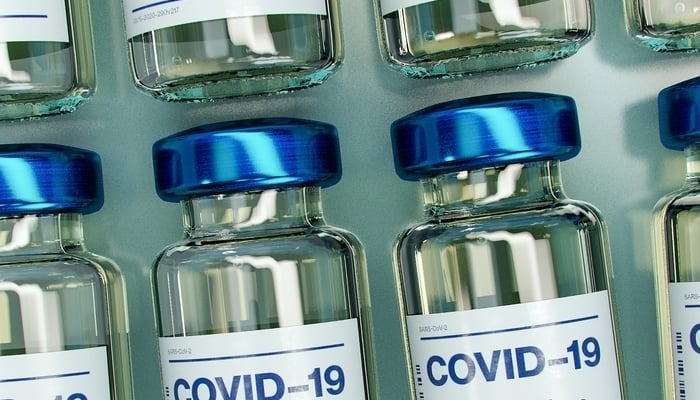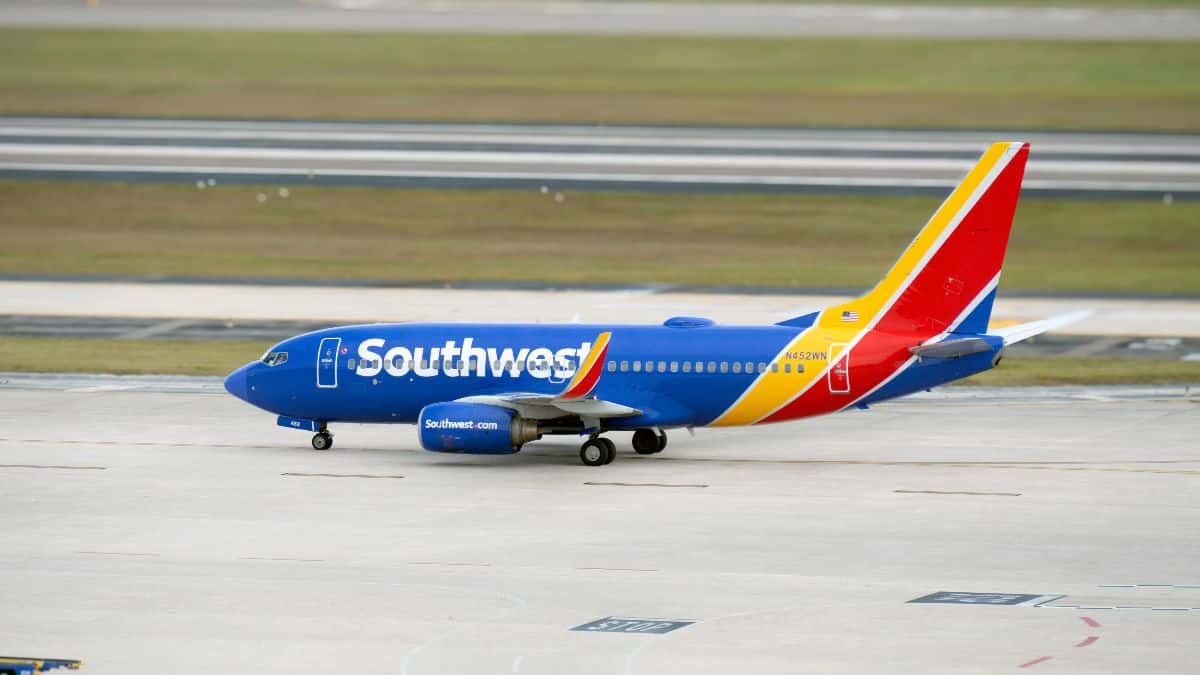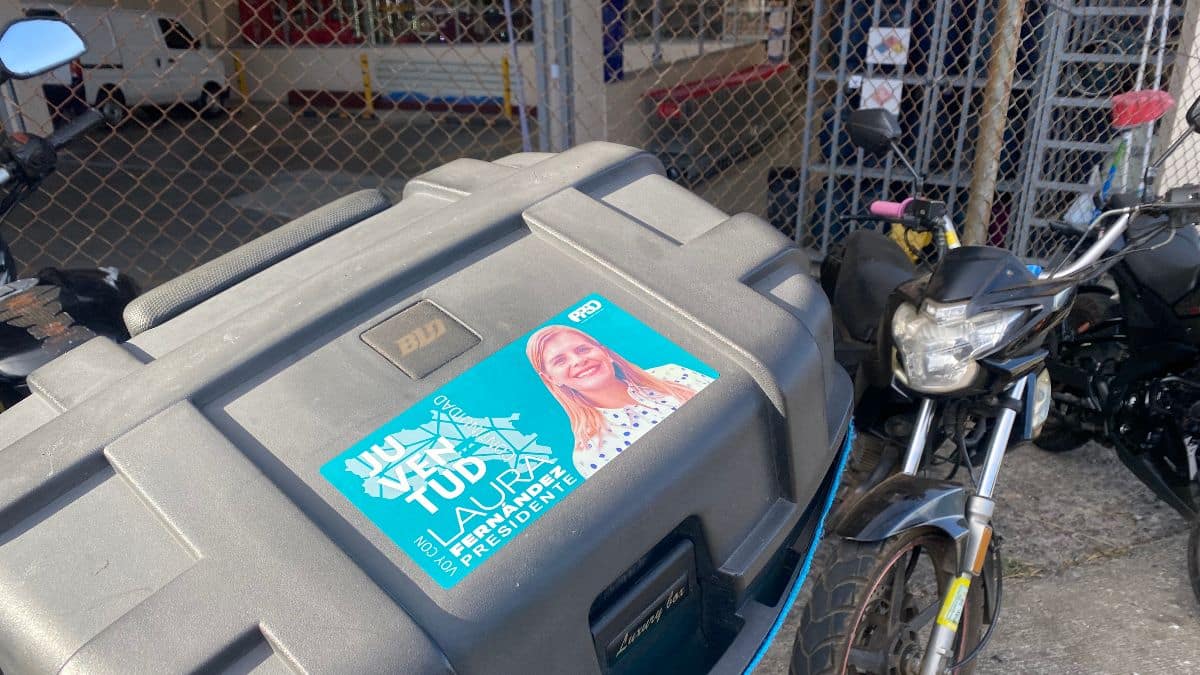Costa Rica receives its first batch of COVID-19 vaccine, becoming the first country in Central America (and the second in Latin America) to do so. It also gets into a bizarre Twitter spat with Panama’s Health Ministry for getting the vaccine before them.
It seems fitting in a way. Costa Rica was the first country in Central America to report a case of COVID-19, way back on March 6 when the world was a very different place. Last night, it became the first country in Central America to receive the COVID vaccine.
Just after 9:00 PM, a DHL flight from Belgium via Miami arrived at Juan Santamaria Airport carrying over 9,000 doses of Pfizer/BioNTech vaccine. President Carlos Alvarado was at the airport himself to greet the flight.
After filming the arrival for his social media accounts, Alvarado said, “Costa Rica today goes to sleep with a new hope in the battle against COVID-19. Vaccinations are a respite on this Christmas Eve. Now, let’s give ourselves the most important gift. Let’s give ourselves health, let’s take care of ourselves, respect the health protocols.”
Costa Rica hoy se va a dormir con una nueva esperanza en la batalla contra el COVID-19. Las vacunas son un respiro en esta víspera navideña. En esta época regalemos lo más importante: regalemos salud, cuidándonos y respetando los protocolos sanitarios. pic.twitter.com/twcZUTu3GL
— Carlos Alvarado Quesada (@CarlosAlvQ) December 24, 2020
The doses received last night are part of a three-million dose deal Costa Rica has with Pfizer/BioNTech. This initial batch will vaccinate over 4,500 people.
This morning, at a care home for the elderly in San Ramon de Tres Rios, Cartago, 91-year-old Elizabeth Castillo became the first person in Costa Rica – and Central America – to receive the vaccine. Shortly afterward, 71-year Jorge De Ford became the second person.
By now, I’d imagine all 22 people at the Fundación Propersonas Adultas Mayores are vaccinated with their first shot. They’ll receive their second shots in three weeks.
Elizabeth Castillo, 91, and Jorge De Ford, 72, became the first two people in Costa Rica to receive the vaccine: https://t.co/FMJa8mWNtQ
— The Tico Times (@TheTicoTimes) December 24, 2020
I confess I felt emotional last night and this morning hearing about all this.
Not because of the virus itself. Personally, I’m not worried about it at all, and I’m very skeptical of how they’re counting COVID cases, not only here in Costa Rica, but everywhere.
What I’m emotional about, what made me well up inside about all this, is the sense of hope we now have.
Carlos Alvarado’s tweets don’t often do much for me, but last night and this morning I got the feels real bad when reading them.
This year has been so damaging, so devastating to Central America, to Costa Rica, you’d need a heart of stone to not feel anything about this.
El doctor José Acuña, médico internista del CEACO es la primera persona del personal sanitario y de la primera línea de defensa ante la COVID-19 en vacunarse. Frente a la pandemia, su labor y la de los cuerpos de primera respuesta es invaluable. Por eso, priorizamos su protección pic.twitter.com/sqNiK2KueR
— Carlos Alvarado Quesada (@CarlosAlvQ) December 24, 2020
So many lives destroyed, livelihoods lost. So many people forced to celebrate Christmas on their own. Hunger, poverty, and desperation are the watchwords of 2020.
A vaccine is the beginning of the end of this nightmare, and that’s why I’m emotional. There’s light at the end of the tunnel. You can criticize the Costa Rican government for a lot in 2020, and Lord knows, I have. But they’ve done a great job here, no matter what you think. Even the harshest voices against the Alvarado administration, like that of liberal commentator Juan Carlos Hidalgo also have the feels.
“In one of the darkest years we’ve lived through as a country, hope comes thanks to science and the good management of the authorities that ensured the timely arrival of the vaccine,” he said today.
I imaged the sense of pride people felt as that plane came in. It would have been awesome if the pilot was Tico, bringing in hope for his or her country, like the final scene in a movie. It brought tears to my eyes, I don’t mind saying. I’m not that jaded and cynical.
Or maybe I’m just a soppy idiot who’s spent far too long on his own this year, writing about this entire tragedy.
No puede hacer un mejor regalo de Navidad que este. No está de más seguir de cerca la discusión que se está dando en EEUU y Reino Unido sobre cómo esta vacuna de Pfizer daría suficiente inmunidad con una sola dosis. https://t.co/o7bw8VWryq
— Juan Carlos Hidalgo (@jchidalgo) December 23, 2020
There’s a long way to go, obviously.
Costa Rica will receive the rest of its 3 million Pfizer doses over the coming weeks and into the first quarter of 2021. Then, once the Oxford University/AstraZeneca vaccine is good to go, that will come too (1 million doses). And then a further 2 million doses through the COVAX initiative.
With all this, Costa Rica expects to vaccinate around 80% of the population. They’ll start in the care homes (residents and staff), and then expand to health workers and first responders. After that, the elderly (people over 58), followed by those at high risk of serious COVID complications. Then come the teachers, prisoners, and prison staff.
Once these are done, the next step is emergency service workers and health science students. Then people between 40 and 57 who work in jobs that put them in contact with others.
After that, everyone else.
A Country by Country Guide to COVID-19 Vaccines in Central America #CovidVaccine #centralamericahttps://t.co/uLKlMc29PD
— CentralAmericaLiving (@VidaAmerica) December 14, 2020
Costa Rica is now one of a handful of countries now vaccinating for COVID.
The UK was the first western country to start, on December 8. As of today, over 800 thousand people have been vaccinated there.
Other countries include Canada, the United States, China, Russia, Israel, Mexico, and Switzerland. Chile will begin vaccinating today, as it receives its first batch of vaccine, with Colombia and Argentina expected to begin before New Year.
The next country in Central America to receive the vaccine should be Panama, sometime in early 2021.
Our first few charts on COVID-19 vaccinations are available in our new entry: https://t.co/cMpTPb4B41
Tracking COVID-19 vaccination rates is crucial to understand the scale of protection against the virus, and how this is distributed across the global population. https://t.co/hoaPLY4KpO
— Our World in Data (@OurWorldInData) December 16, 2020
Speaking of Panama, the only sour note struck about Costa Rica last night came from there on Twitter.
In the tweet, Panama’s Ministry of Health seemed to imply there was some competition going on. They made out that Costa Rica had only bought 10,000 doses from Pfizer in total, and kind of sneered at its neighbor.
Responders were quick to point out that Panama should focus on its own COVID problems, not Costa Rica’s, and the reason why Costa Rica had vaccine before Panama was because Panama was slack about getting the cold storage facilities the Pfizer vaccine needs.
It’s a pity someone in Panama’s Health Ministry okayed this tweet. It shows bad spirit, especially at this time of year. But looking at the responses, mostly from Panamanians angry about how their government has handled the pandemic, you can get the feel-goods again.
Most people in Panama are happy for Costa Rica and bear no grudge against them getting the vaccine first. The snide comparison just made the Panamanian Health Ministry look small and tawdry.
Costa Rica adquirió 10,000 dosis de la vacuna Pfizer, mientras que Panamá estará recibiendo 450,000 para la 1era Fase. Vacunaremos grupos vulnerables, entre ellos: mayores de 60, personas con enfermedades crónicas, médicos, enfermeras, trabajadores de salud y grupos esenciales.
— Ministerio de Salud de Panamá (@MINSAPma) December 24, 2020
James Dyde is the editor of www.centralamerica.com. He lives in Escazu, Costa Rica.




